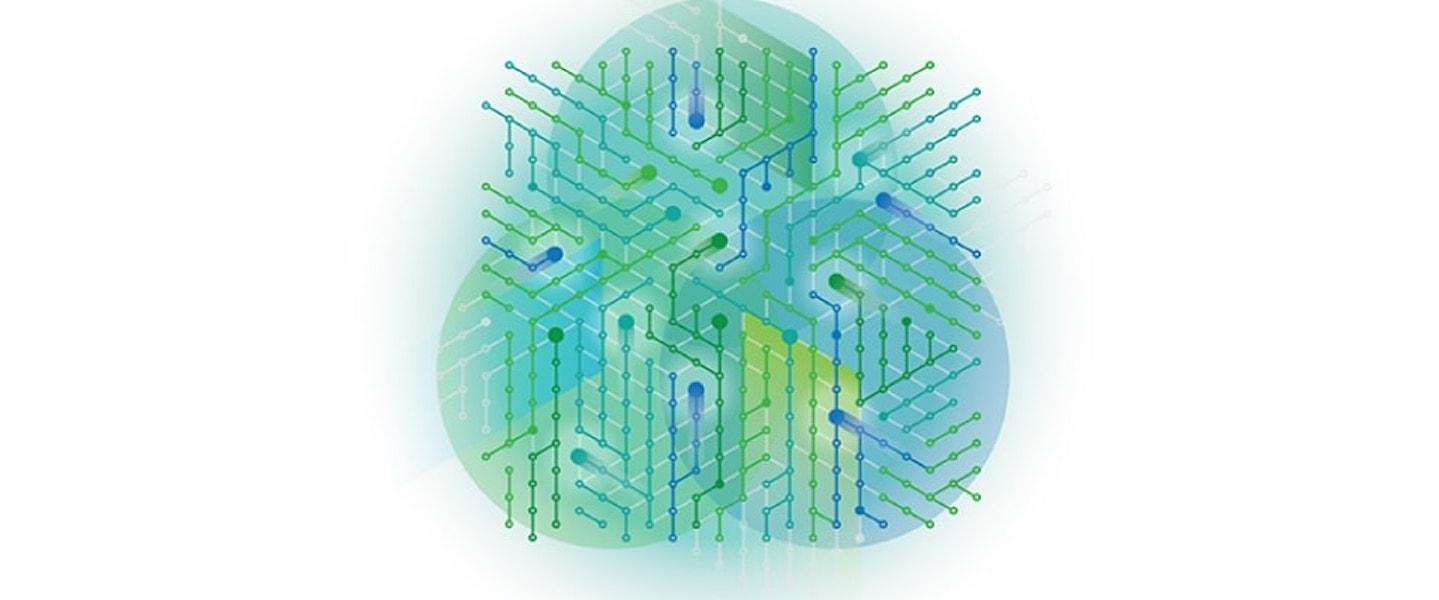We have a new essay published by Deloitte Insights, Negotiating the digital-ready-organisation,1Evans-Greenwood, Peter, Alex Bennett, and Sue Solly. “Negotiating the Digital-Ready Organization.” Deloitte Insights, March 30, 2022. https://www2.deloitte.com/us/en/insights/topics/talent/digital-ready-work-ecosystem.html. a collaboration with Alex Bennett at NTT. This builds on our previous work on the transition to working digitally, Reconstructing the workplace,2Evans-Greenwood, Peter, Sue Solly, and Robbie Robertson. “Reconstructing the Workplace: The Digital-Ready Organisation.” Deloitte Insights, July 12, 2021. https://www2.deloitte.com/us/en/insights/focus/technology-and-the-future-of-work/working-digitally.html. by trying to imagine what this future workplace might look like.
The name for the essay is a bit of a pun as it can be read two ways:
- how a worker might find their way through an organisation when working digitally in order to get their work done, and
- the need for the worker to negotiate with with their coworkers (and, to some extent, the firm itself) to create a coherent digital environment to work in.
Back in The digital-ready workplace3Evans-Greenwood, Peter, Rosemary Stockdale, and Tim Patston. “The Digital-Ready Workplace: Supercharging Digital Teams in the Future of Work.” Deloitte Insights, May 27, 2021. https://www2.deloitte.com/us/en/insights/focus/technology-and-the-future-of-work/supercharging-teams-in-the-digital-workplace.html. we discussed how the challenges many workers were facing was not a lack of digital skills, but the challenge of working (finding their way through) a workplace defined by digital technology. They had been taught to use particular digital tools in particular contexts, and struggled (or failed) to realise that they actually had the knowledge and skills required to solve the problem in front of them as the context was unfamiliar—a form of learned helplessness.
The second point is highlighting how digital work is group work, and success depends on the members of the group need to agree on—to negotiate—what digital tools they will use if they want to be productive as a group. One interesting consequence of this is that it is possible for a team of otherwise digitally incompetent workers can be (collectively) competent, while a team of digitally competent individuals can be collectively incompetent. As we we put it in The digital-ready workplace:
Not everyone on a team needs to be digitally competent for the team itself to be digitally competent. Rather, digital competence is an emergent property of the team, arising from the attitudes to digital technology among team members. A team is digitally competent when its members’ collective digital knowledge, skills, and experiences can be leveraged to understand and solve collective problems. In this context, individual team members are digitally competent when they are comfortable tapping into, and contributing to, the collective knowledge and experience of their team.
The digital-ready workplace
Negotiating the digital-ready workplace integrates these two points with the trend for firms to work as part of extended ecosystems, rather than as isolated organisations. The result is the suggestion that we should think of work, worker, and workplace in terms of three ecosystems:
- The digital ecosystem, the collection of digital tools used by the firms, as well as those used by suppliers, partners, and even members of the public.
- The human ecosystem,4Which is an extension of the work ecosystem proposed in Susan Cantrell, “Beyond the job,” People + Strategy Journal 44, no. 3 (2021): pp. 32–39. https://www.shrm.org/executive/resources/people-strategy-journal/summer2021/Pages/feature-beyond-job-cantrell.aspx the people who create value for the firm (and might not necessarily be employees).
- The place ecosystem, the places where work is done, from the home (office) to the office, third places such as cafés, and hybrid spaces such as the office of a supplier.
The challenge for an organisations leaders to foster healthy and productive digital, human, and place ecosystems, and to empower workers to find a productive path through. Or, as we concluded in Negotiating the digital-ready organisation:
The role of the organization in this future of work is to create the scaffolding that teams require to be successful. Helping workers construct a digital ecosystem that accommodates workers outside the office and workers who are not employees allows workers to accomplish more and do it more effectively. Providing facilities and policies that help workers to negotiate an effective place ecosystem improves outcomes by enabling them to work where and when they are most productive. And building a healthy and diverse human ecosystem will provide insight into the moments that matter to individuals and how to shape these into connected experiences that build human engagement and healthy teams.
Negotiating the digital-ready organisation
You can find Negotiating the digital-ready organisation over at Deloitte Insights.
Endnotes
- 1Evans-Greenwood, Peter, Alex Bennett, and Sue Solly. “Negotiating the Digital-Ready Organization.” Deloitte Insights, March 30, 2022. https://www2.deloitte.com/us/en/insights/topics/talent/digital-ready-work-ecosystem.html.
- 2Evans-Greenwood, Peter, Sue Solly, and Robbie Robertson. “Reconstructing the Workplace: The Digital-Ready Organisation.” Deloitte Insights, July 12, 2021. https://www2.deloitte.com/us/en/insights/focus/technology-and-the-future-of-work/working-digitally.html.
- 3Evans-Greenwood, Peter, Rosemary Stockdale, and Tim Patston. “The Digital-Ready Workplace: Supercharging Digital Teams in the Future of Work.” Deloitte Insights, May 27, 2021. https://www2.deloitte.com/us/en/insights/focus/technology-and-the-future-of-work/supercharging-teams-in-the-digital-workplace.html.
- 4Which is an extension of the work ecosystem proposed in Susan Cantrell, “Beyond the job,” People + Strategy Journal 44, no. 3 (2021): pp. 32–39. https://www.shrm.org/executive/resources/people-strategy-journal/summer2021/Pages/feature-beyond-job-cantrell.aspx

[…] together a few threads that we’d been exploring in other areas. The most recent of these was Negotiating the digital-ready organisation2Evans-Greenwood, Peter, Alex Bennett, and Sue Solly. “Negotiating the Digital-Ready […]